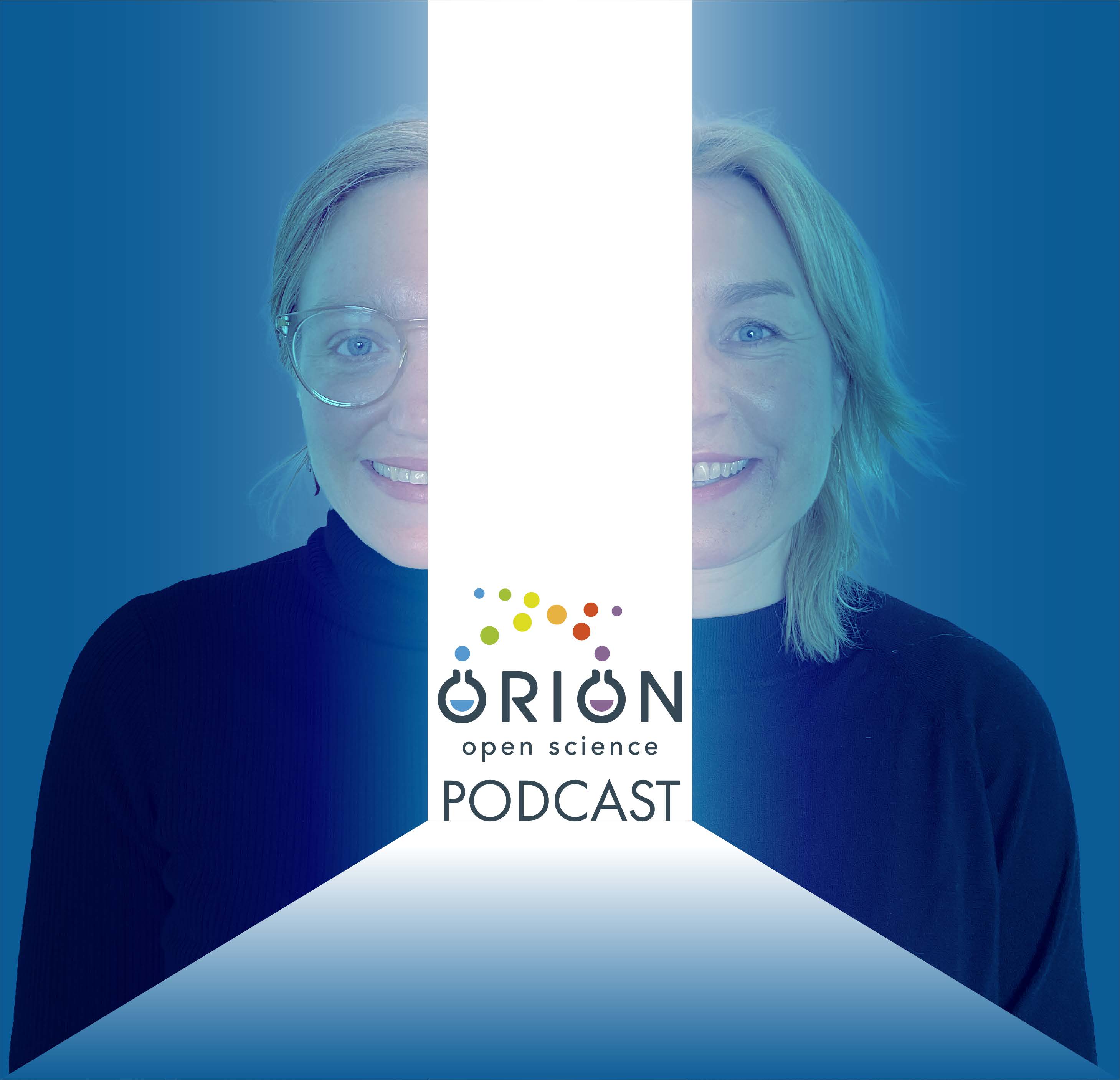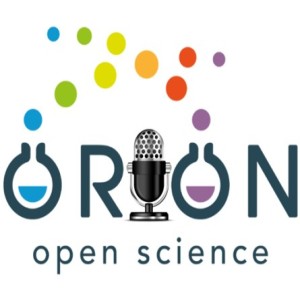
9.6K
Downloads
44
Episodes
From data sharing to citizen science and from peer review to professional development the podcasts will explore the good, the bad, and the ugly of the current scientific system, and what Open Science practices can do to improve the way we do science. Now on Season 2!
Episodes

Thursday Mar 05, 2020
Thursday Mar 05, 2020
Episode Summary:
One of the issues that gets raised by the Open Science movement is that it has a potential conflict with innovation and commercialisation of research. To explore this topic we talked to Professor Shobita Parthasarathy about how patents actually work, how we understand the idea of science as a public good, and the challenges of inclusive innovative.
Episode Links:
Science, Technology, and Public Policy Program
Twitter: @ShobitaP
Further reading:
Shobita Parthasarathy. Building Genetic Medicine: Breast Cancer, Technology, and the Comparative Politics of Health Care. Cambridge, MA: MIT Press, 2007. (available at Amazon, MIT Press, and wherever books are sold)
Shobita Parthasarathy. Patent Politics: Life Forms, Markets, and the Public Interest in the United States and Europe. Chicago: University of Chicago Press, 2017 (available at Amazon, University of Chicago Press, and wherever books are sold)
Shobita Parthasarathy. “Use Patents to Regulate Gene Editing.” Nature. October 25, 2018.
Shobita Parthasarathy. “An early expression of democracy, the US patent system is out of step with today’s citizens.” [Updated]. The Conversation. July 4 2018. (reprinted in Business Insider, Associated Press, among other outlets)
Shobita Parthasarathy. “How to make sure we all benefit when nonprofits patent technologies like CRISPR.” The Conversation. July 19, 2017.

No comments yet. Be the first to say something!